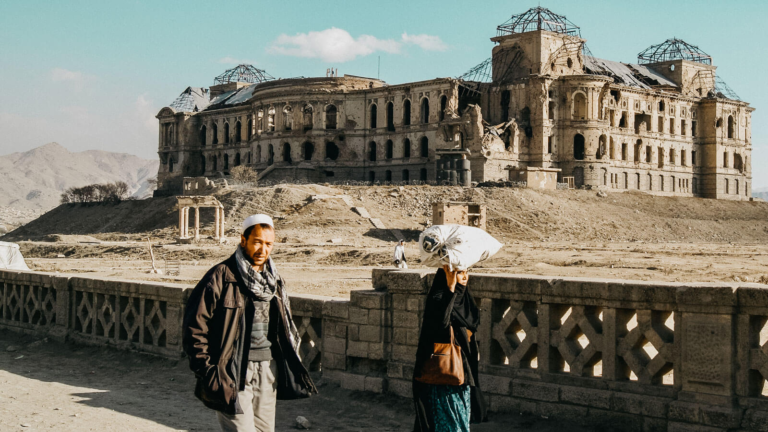Supporting persecuted Christians worldwide calls for both strategic and immediate attention. Simply for their faith, millions experience violence, detention, and discrimination. Christians are in continual danger, from forced labor camps in North Korea to the continuing tragedies in Nigeria. Although the suffering of these Christians is sometimes disregarded, direct support and worldwide awareness can make a big difference. Maintaining religious freedom and human dignity depends on supporting persecuted Christians, whether by advocacy, humanitarian relief, or long-term policy reform.
Increasing Worldwide Understanding
The first important step towards real transformation is increasing awareness. The world community cannot act properly without a general knowledge of the degree of persecution. Often spearheaded by NGOs, media sources, and faith-based organizations, advocacy campaigns tirelessly educate the public and demand governments to act. Particularly, social media channels are effective means for elevating the voices of persecuted Christians and transforming isolated tragedies into worldwide calls to justice.
When global citizens learn of religious persecution, they can organize their governments and institutions to apply sanctions or diplomatic action. Public advocacy is also very important for teaching those uninformed of the terrible reality experienced by persecuted Christians. These tales of suffering and resiliency foster solidarity across boundaries that motivate political leaders to participate more actively in the defense of religious liberties.
Direct Relief
Often, the first and most direct approach to help persecuted Christians is offering concrete relief. Those living in danger of violence, displaced families, and refugees all need immediate help. To Christians living in high-risk areas, humanitarian organizations are already providing food, medical supplies, and temporary shelter, among other life-saving goods.
To satisfy these communities’ long-term as well as immediate needs, these initiatives must be ongoing, though. In areas like Syria, Iraq, and Nigeria, where Christians have experienced genocidal violence, assistance transcends simple survival to include restoring hope. Providing psychological counseling, vocational training, and instructional support, for instance, can help to reconstruct life lost by persecution. Working with local partners on the ground helps the international community to guarantee that relief efforts are responsive and effective, offering both physical safety and a road to healing.
Managing State-Controlled Oppression
Christians suffer great state-sponsored persecution in nations like China. With actions including the destruction of churches, the imprisonment of church leaders, and the forced recasting of faith, the Chinese government has long sought to control religious expression. Christians are frequently compelled to practice their faith in secret in these settings, under continual observation and risk of arrest. Helping these groups calls for a calculated approach combining direct intervention with advocacy.
For instance, it is essential to give underground churches safe means of communication and resource sharing. Encouragement of global pressure to end Christian persecution in China will help Christians to pray free from anxiety. Moreover, international legal systems, including petitions and the involvement of international organizations like the United Nations, help to expose the problem of religious persecution in public view and drive change in governments deliberately suppressing religious liberty.
Resettlement and Escape
Many Christians escaping persecution must abandon all they own and become refugees in quest of safety. Resettling these people in nations honoring religious freedom will help to safeguard their lives. Efforts to give refugees safe passage—including legal asylum procedures, housing, and financial support—must be coordinated by governments, religious organizations, and humanitarian groups.
Once resettled, displaced Christians depend on strong support networks to fit into new environments. This covers help finding a job, job training, and language instruction. A comprehensive strategy for refugee assistance guarantees not only safety but also the ability to flourish in the new surroundings for displaced Christians. These people can keep practicing their faith without anxiety as they reconstruct their lives, helping to contribute significantly to their new communities.
Changing the Future
Maintaining the long-term resilience of persecuted Christians depends on their being empowered by education. Organizations can stop the cycle of poverty and reliance by giving access to education—through scholarships, neighborhood schools, or internet resources. Education provides a road to self-sufficiency and helps young people to avoid exploitation and locate respectable work.
Simultaneously, support of more robust protections for religious minorities in national and international law is vital. Human rights organizations and governments have to advocate laws protecting Christians’ rights to practice free will free from the worry of discrimination or violence. Creating long-lasting systems of support and protection will enable persecuted Christians to reconstruct their communities, and future generations will be free to practice their faith unhindered.
Conclusion
The struggle to assist Christians under persecution is group in nature. Individuals and groups all around can help to guarantee that persecuted Christians are not forgotten by increasing awareness, offering direct relief, and supporting systematic change. Every effort counts in the fight to defend religious freedom and honor the dignity of people who suffer violence for their faith. The world community can truly change the lives of persecuted believers by means of unity, compassion, and consistent action.

